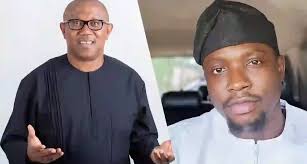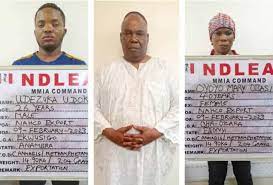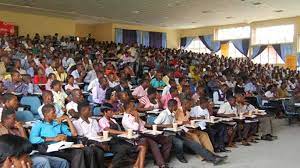Peter Obi, former presidential candidate and prominent Labour Party leader, has spoken out strongly against the controversial arrest of social commentator Martins Otse, better known as VeryDarkMan (VDM). The arrest, which took place on Friday, May 2, reportedly involved operatives from the EFCC and has sparked widespread public concern.
In a post shared on his X (formerly Twitter) account, Obi criticized the manner in which VDM was taken into custody. He noted that the display of force and lack of transparency surrounding the arrest has left many Nigerians deeply unsettled — and for good reason.
According to Obi, such actions are not only undemocratic but also carry significant consequences for Nigeria’s already fragile image. He highlighted the backlash faced by the bank where Otse was arrested, believed to be GTBank, warning that such incidents could further erode investor confidence at a time when the economy cannot afford additional shocks.
Obi wrote:
“The recent developments in our nation continue to raise serious concerns about the direction we are headed as a democracy. The tension in the land, aggravated by hardship, is being needlessly fueled by our attitude toward the rule of law and human rights.”
He pointed out that while security agencies may operate within the bounds of the law, the way these laws are enforced matters. When arrests appear more like abductions than legal procedures, it becomes harder for citizens to trust the system and easier for criminal elements to exploit that confusion.
Obi also reminded Nigerians that this pattern of overreach isn’t new. Even judges the supposed last defenders of justice have been subjected to similar treatment in recent years. When those who uphold the law are disrespected, how can everyday citizens expect to be protected?
The ripple effects of VDM’s arrest, he noted, go beyond individual rights. Reputational damage to institutions like GTBank could scare off both local and international investors. “At a time when investor confidence is already fragile,” Obi warned, “we must avoid actions that further undermine our economy and democracy.”
He then posed a crucial question: was it truly impossible to invite Mr. Otse for questioning in a respectful and legal manner?
Obi also expressed concern over reports involving the president of the National Association of Nigerian Students (NANS). If allegations of coercion or manipulation prove true, he argued, it would signal a dangerous erosion of independent youth leadership in the country.
“Nigeria’s youth should not feel coerced, silenced, or absorbed into political agendas that do not reflect their will,” Obi emphasized. “The oppression of young voices, whether through force, patronage, or intimidation, is a dangerous path that we must not normalize.”
He concluded by calling for a return to a Nigeria where justice is not only done but seen to be done — where youth can speak freely, judges can serve with dignity, and institutions operate with transparency and respect for human rights.




